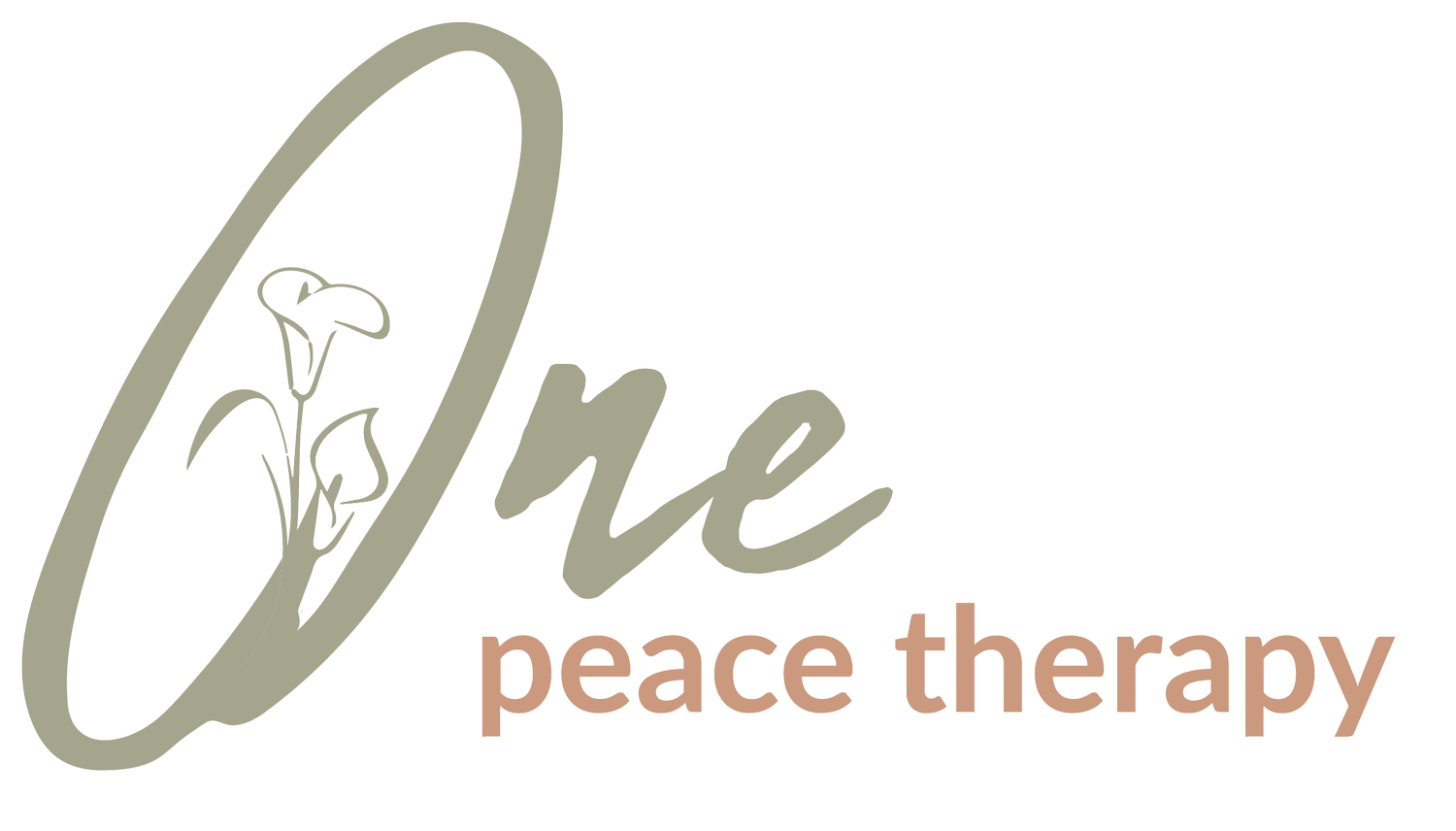Ahh What Am I Feeling!? - Anxiety
Anxiety is one of the most common concerns that clients start psychotherapy with. However, a common concern does not make this a normal physiological response or experience. Anxiety can be described as an emotional state where a person experiences an excessive or overwhelming amount of nerves, worry, unease, or fear about perceived or actual situations. Whether perceived or actual situations, the anxiety towards it can be related to something that occurred or might occur in the past, present, or future. Some clients experience an immense amount of nerves about all the above. Anxiety can be mild, moderate or severe with how the physiological responses show up in your body and daily functioning. Some symptoms of anxiety are: an increased heart rate, spiraling thoughts, poor concentration, sweat (sometimes cold sweat), trouble concentrating, feelings of nervousness/worry/fear, tension in chest, and much more. Some people experience one or more of these symptoms over a period of time or during a period of time. What triggers someone to experience their anxiety symptoms are dependent on the person. However, common roots of what can cause anxiety in a person are emotionally triggering (e.g. fear-based) experiences in childhood, adolescence, and/or adulthood. There are various types of specific anxiety such as social or phobia.
When bringing up your concerns to your Psychotherapist, it is important to note that there is a difference between an anxiety attack and panic attack. Anxiety attacks are prolonged episodes of experiencing intense emotional states of doom, fear, and/or panic regarding a perceived or actual threat. With such intensity in your emotional state, the symptoms can feel much more intense such as experiencing heart palpitations, shortness of breath, chest pain and others. Thus, sometimes people who experience an anxiety attack may feel like they are having a heart attack or general near death experience. On the other hand, panic attacks are brief episodes of intense emotional states of anxiety, fear, or worry without any necessary direct trigger. Panic attacks have some similar symptoms as anxiety attacks. However, they also include lightheadedness, dizziness, shakiness or trembling, and others.
Depending on your experience with anxiety and your hopeful outcome of psychotherapy treatment, some beneficial therapeutic approaches to ensure your therapist is competent with are: Emotion Focused Therapy (EFT), Cognitive Behavioural Therapy (CBT), Solution Focused Therapy, Acceptance Commitment Therapy, and others. At One Peace Therapy, regardless of the approach and modalities that your Psychotherapist uses, the goal is to understand you wholly to get to the root of the concern for the most sustainable growth. As a disclaimer, this blog is for informational and educational purposes only, and not used to self-diagnose. Please seek medical support if you are interested in getting a formal assessment and diagnosis.

